Jimmie E. Howard, a name synonymous with bravery and heroism, epitomized the spirit and courage of the United States Marine Corps. Born in Burlington, Iowa, Howard’s journey from a small-town upbringing to becoming a Medal of Honor recipient is a story of resilience, leadership, and dedication. His valor during the Vietnam War, particularly in the fierce Battle of Hill 488, cemented his legacy as one of the most distinguished Marines in American military history. This blog delves into his life, his military career, and the indelible mark he left on the Marine Corps and his country.

Early Life and Struggles: Jimmie Earl Howard was born on July 27, 1929, in Burlington, Iowa. Growing up in a modest environment, Howard demonstrated early on a strong sense of duty and commitment. He graduated from high school in 1949 and briefly attended the University of Iowa. However, the call to serve his country beckoned, and he enlisted in the United States Marine Corps on July 12, 1950. Howard's early life was marked by the same determination and grit that would later define his military career, showcasing a young man ready to face challenges head-on.
Military Enlistment and Heroics: Howard's military journey began with recruit training at the Marine Corps Recruit Depot in San Diego, California. He quickly distinguished himself as a capable leader, remaining at the depot as a drill instructor upon graduation. In February 1952, after completing advanced infantry training, Howard was deployed to Korea. There, he served as a forward observer with the 4.2" Mortar Company, 1st Marines, 1st Marine Division. His bravery and leadership in Korea earned him the Silver Star and multiple Purple Hearts. Howard's time in Korea was only the beginning of a storied military career that would see him involved in various roles, from a tactics instructor to a platoon leader, each one honing his skills and preparing him for future battles.
Defining Moment: The Battle of Hill 488 The defining moment of Howard's military career came during the Vietnam War, on the night of June 15, 1966. Leading an eighteen-man reconnaissance patrol atop Hill 488, Howard and his men were tasked with observing enemy troop movements and calling in air and artillery strikes. Unexpectedly, they were attacked by a battalion of Viet Cong, numbering over 300 men. Despite being severely wounded, Howard displayed extraordinary leadership, directing his men and air strikes with precision and determination. For twelve grueling hours, they held their ground against overwhelming odds, resulting in over 200 enemy casualties while losing six of their own. Howard’s leadership and valor under fire not only saved the lives of his men but also prevented a significant enemy breakthrough. For his actions, Howard was awarded the Medal of Honor by President Lyndon B. Johnson on August 21, 1967.
Post-War Life and Career: After his heroic service in Vietnam, Howard continued to serve in the Marine Corps until his retirement on March 31, 1977, as a first sergeant. Post-retirement, he remained deeply connected to the military and his community. Howard worked for the local Veterans Affairs office in San Diego and dedicated his time to coaching and mentoring young athletes at Point Loma High School. His involvement with the school’s football team, which won multiple championships under his guidance, reflected his ongoing commitment to leadership and his desire to inspire the next generation.
Military Awards and Decorations: Jimmie E. Howard’s military career is adorned with numerous awards and decorations, a testament to his bravery and dedication. His accolades include the Medal of Honor, the Silver Star Medal, the Purple Heart with two Gold Stars, the Navy Unit Commendation, the Good Conduct Medal with three bronze stars, the National Defense Service Medal, the Korean Service Medal with four bronze stars, the Vietnam Service Medal with a bronze star, the United Nations Service Medal, the Korean Presidential Unit Citation, and the Republic of Vietnam Campaign Medal. These honors reflect a career marked by exceptional service and sacrifice.
Conclusion: Jimmie E. Howard's life is a powerful reminder of the courage and dedication of the men and women who serve in the armed forces. His leadership and heroism during the Battle of Hill 488 not only earned him the nation's highest military honor but also inspired countless others. Howard's post-military life continued to reflect his commitment to service, mentoring, and community involvement. His legacy lives on, not only through his numerous awards and the USS Howard, named in his honor, but also in the hearts and minds of those who knew him and those who continue to be inspired by his story.
